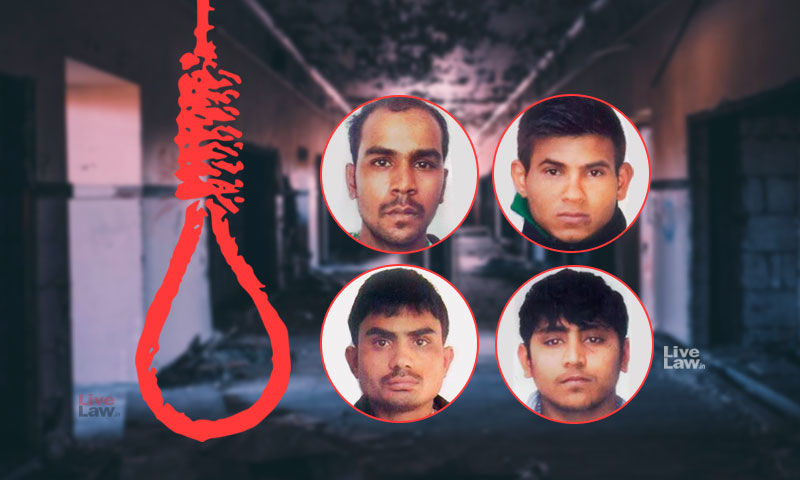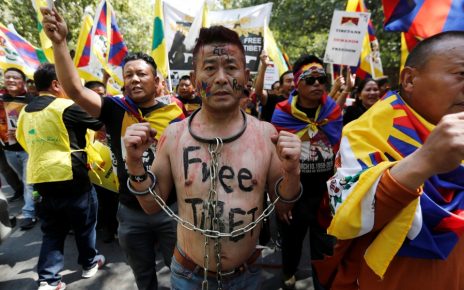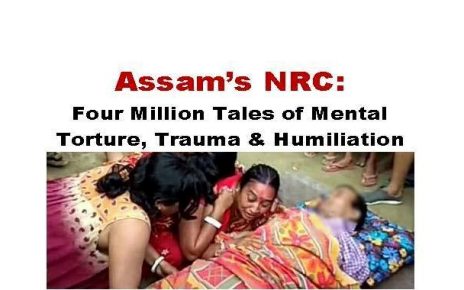NEW DELHI: Four convicts of the Nirbhaya gang-rape and murder case i.e. Mukesh Singh, Akshay Singh Thakur, Pawan Gupta and Vinay Sharma were hanged in New Delhi’s Tihar jail this morning (20th March 2020).
“Though the Nirbhaya gang-rape and murder case shakes conscience of the humanity for the sheer barbarity, death penalty does not act as a deterrent for any crime and 34% increase of rape cases and 19% decrease of murder cases since the Nirbhaya case as recorded by the Government of India vouch the same.” – stated Mr Suhas Chakma, Coordinator of the NCAT.
The data of the National Crime Records Bureau (NCRB) show that since the Nirbhaya gang rape and murder case in December 2012, rape cases increased by 34% from 2012 (24,923 cases) to 2018 (33,356 cases). The NCRB recorded increase of rape cases since 2012 i.e. 24,923 cases in 2012; 33,707 cases in 2013; 36,735 cases in 2014; 34,651 cases in 2015; 38,947 cases in 2016; 32,559 cases in 2017 and 33,356 cases in 2018.
Further, since the Nirbhaya gang rape case and award of capital punishment to the convicts in 2013, a number of horrific and gruesome sexual crimes took place in the country, including gang rape and murder of an 8-year-old girl in Kathua in January 2018, gang rape and burning to death of a veterinary doctor in Hyderabad in November 2019 and burning alive of a rape victim in Unnao district in December 2019, among others.
In India, majority of the death sentences are imposed for murders. As per the NCRB, since 2012, a total of 873 death sentences were given by the Sessions Courts i.e. 97 in 2012, 125 in 2013, 95 in 2014, 101 in 2015, 148 in 2016, 121 in 2017 and 186 in 2018.
Despite no execution of any condemned prisoner convicted for murder since the execution of Dhananjoy Chatterjee in 2004, the NCRB data shows 19% decrease of murder cases in the country from 34,434 cases of murder in 2012 to 29,017 cases in 2018. The NCRB recorded 33,201 murder cases in 2013; 33,981 cases in 2014; 32,127 cases in 2015; 30,450 cases in 2016 and 28,653 cases in 2017.
“Justice is not served only by death sentence and dangerous offenders who pose threats to the society can be condemned to isolation from society till the end of natural life without resorting to execution. In 2015, the Law Commission of India recommended the abolition of capital punishment for all crimes, except the crime of waging war against the nation or for terrorism-related offences as death penalty does not have any deterring effect. The time has come for the government to consider the abolition of death penalty.” – further stated Mr Chakma.




